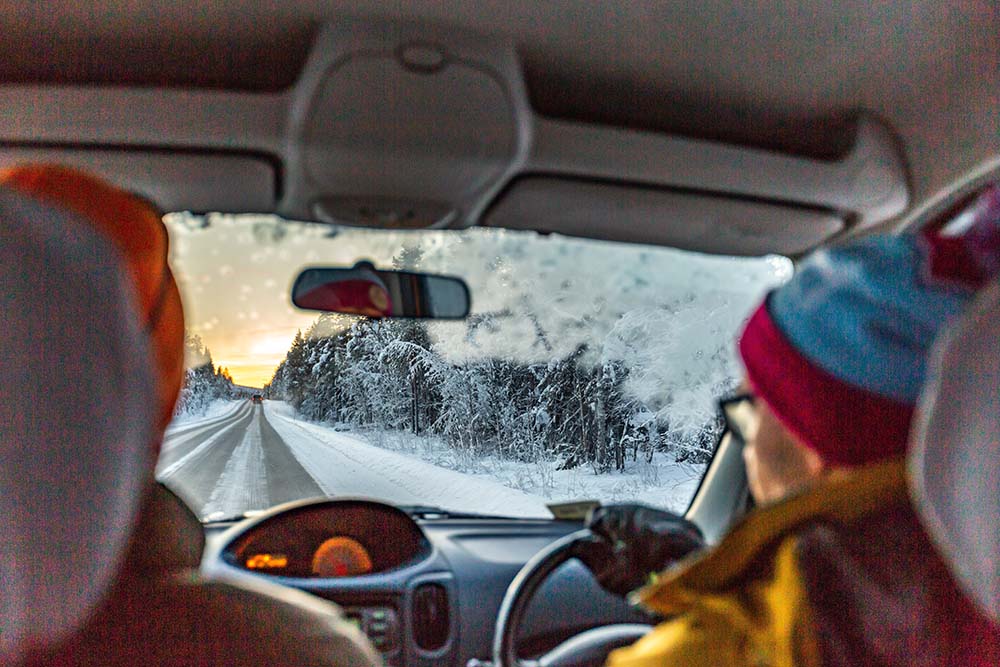
Tips on winter driving
October 11, 2023Before you know it, the winter will be well and truly upon us – at times making the roads more than a little treacherous. Throughout the winter months, of course, driving conditions are likely to prove more challenging than usual – what with rain, sleet, snow, and ice, with the dusk falling earlier as the night closes in.
Mishaps, prangs, and more serious collisions may happen, so you’ll do well to ensure that your car insurance is not only up to date but continues to provide all the cover you are likely to need. While car insurance is essential, however, by paying closer attention to your winter driving you might head off some of those road accidents altogether.
Do you need to drive?
What with the adverse weather conditions and longer hours of darkness, the Royal Society for the Prevention of Accidents (RoSPA) makes the point that driving in winter is unlike driving at any other time of the year.
The safety organisation’s advice is to avoid driving altogether when the weather is especially bad unless your journey is essential.
For many of us, though, avoiding the drive will not be an option – and we’ll need to follow other tips and suggestions for staying safe.
Preparation
Sooner or later, you are likely to be venturing out in those wintry conditions.
Whenever you do, you’ll need to know that your vehicle is adequately prepared for winter. It is important to keep up to date with your usual car maintenance – regularly checking the tyres, water and oil etc.
And although we tend to think of the British climate as generally pretty mild, conditions in winter can still turn especially severe at almost a moment’s notice. That is when you and any other occupants of your car might be at their most vulnerable. Your very survival could be at stake.
For that reason, keep a survival kit in your vehicle that you can turn to in an emergency. The following items should be included:
- warm clothing, gloves, thick socks, hats and a blanket;
- shovel for clearing snow;
- de-icer and ice scraper;
- first aid box;
- jump leads;
- torch and radio – and spare batteries, unless you have a wind-up torch or radio;
- a phone charger/power bank;
- bottled water and some non-perishable foods (e.g., biscuits or bars).
For longer journeys, taking a flask makes sense too.
Planning
Prepare your route every time you are about to take to the roads.
Listen to the weather reports. The National Severe Weather Warning Service, run by the Met Office, will give you the heads up, up to seven days in advance, of the threats of rain, thunderstorms, wind, snow, lightning, ice, extreme heat and fog.
Careful planning may help you to take into account the changing road conditions if the weather worsens – allowing you to detour the more hazardous stretches towards your destination. This might be the time of year to turn off your GPS systems – that tend to rely on fair weather conditions – and relearn the art and science of good old-fashioned map or road atlas reading.
Summary
Conditions on the roads can be dangerous practically anywhere in Britain in the wintertime. But with a little forethought and extra care, your essential journeys can be made with a degree of confidence and safety.